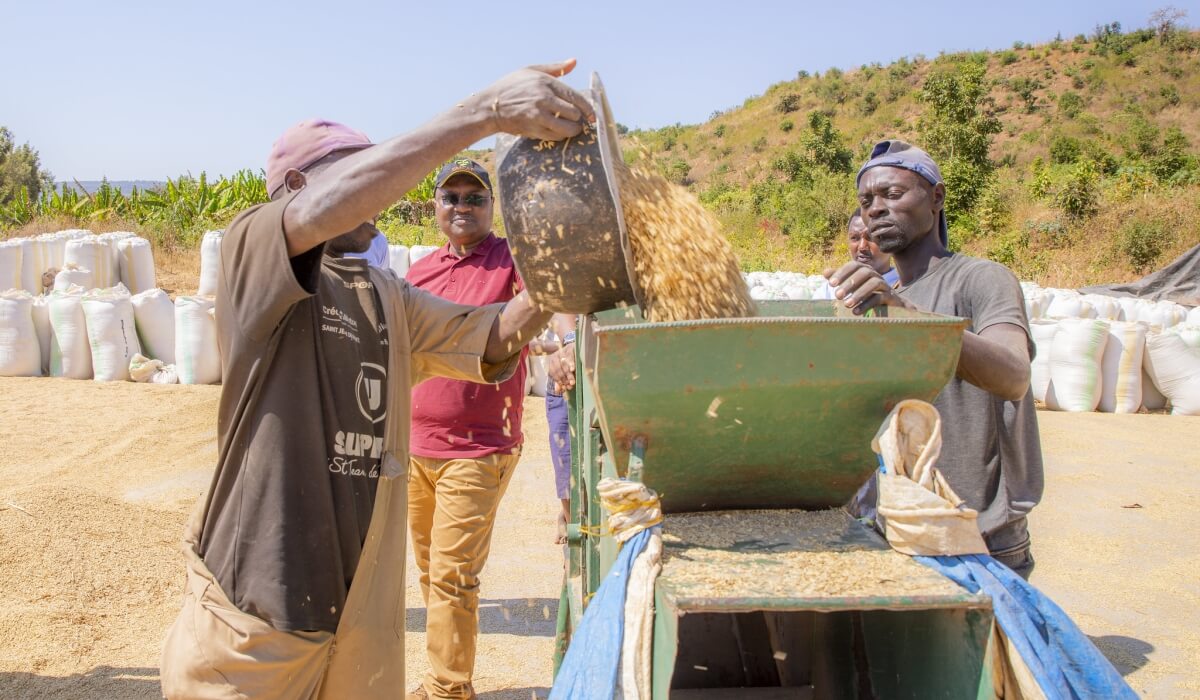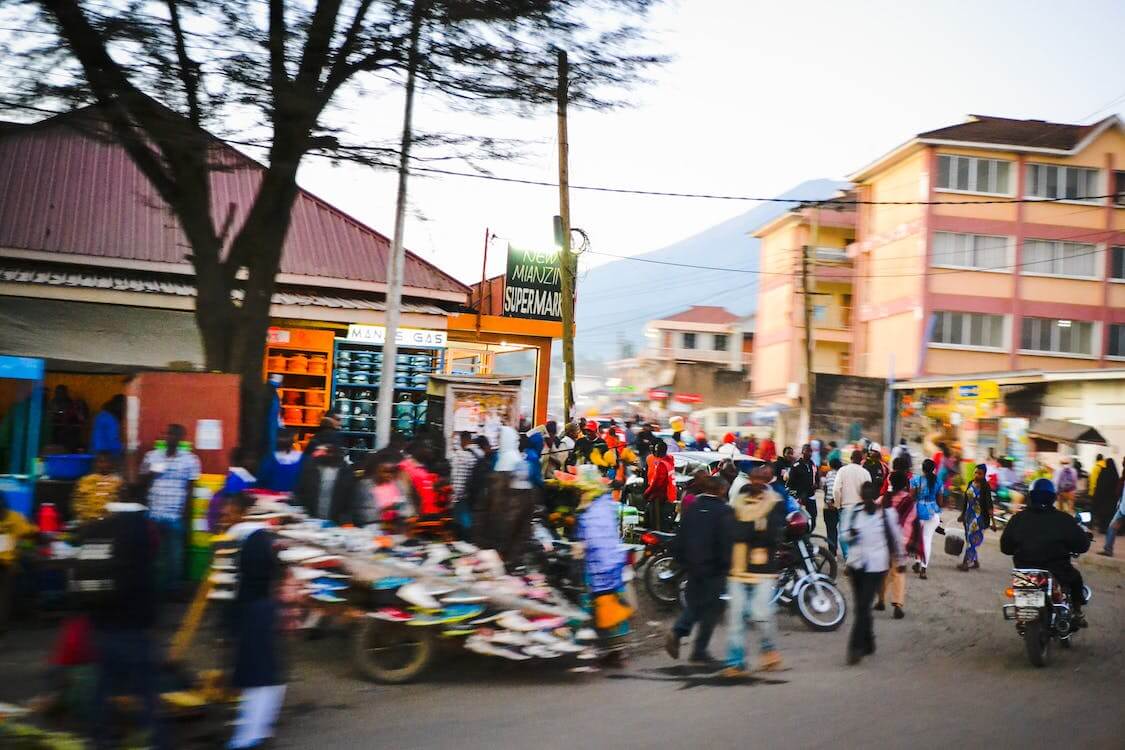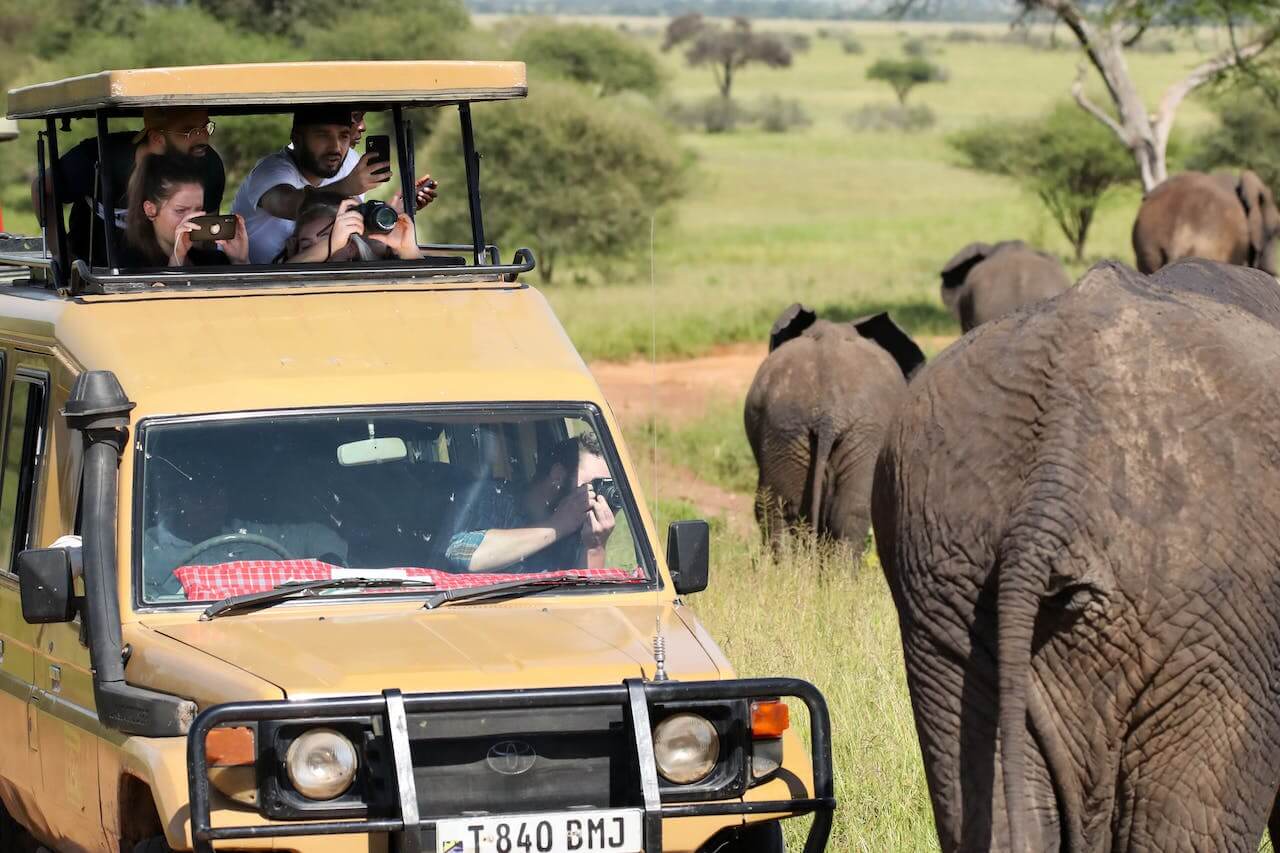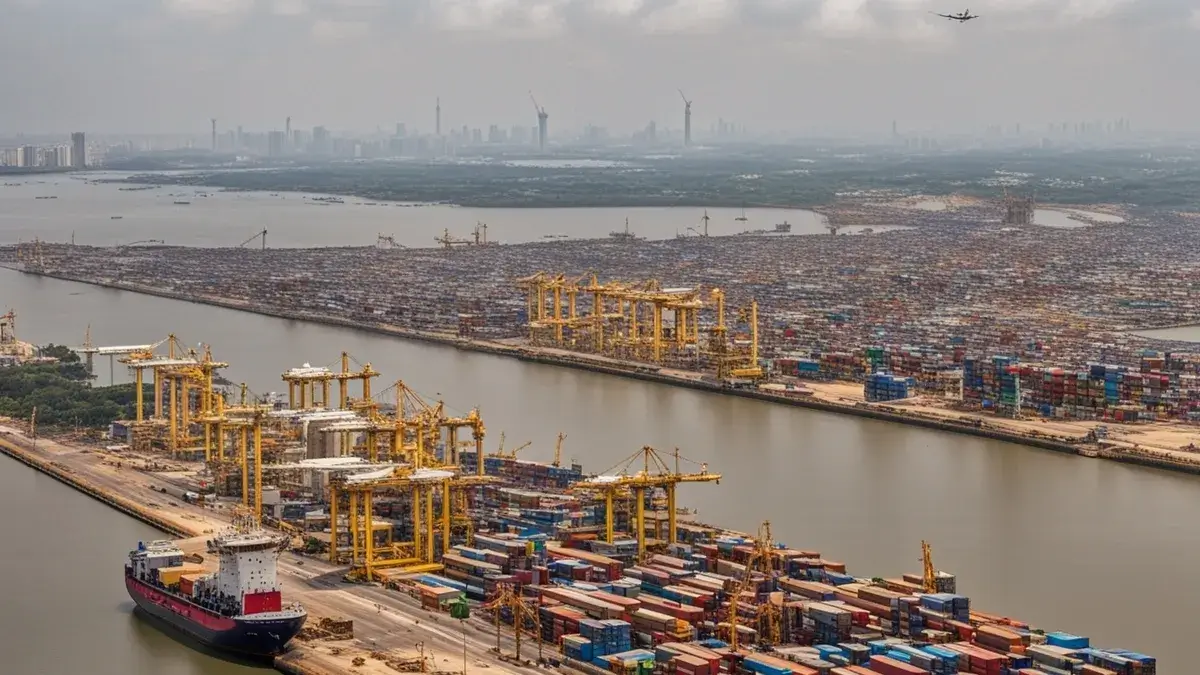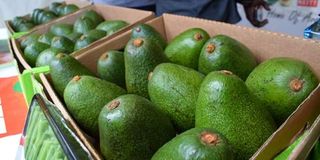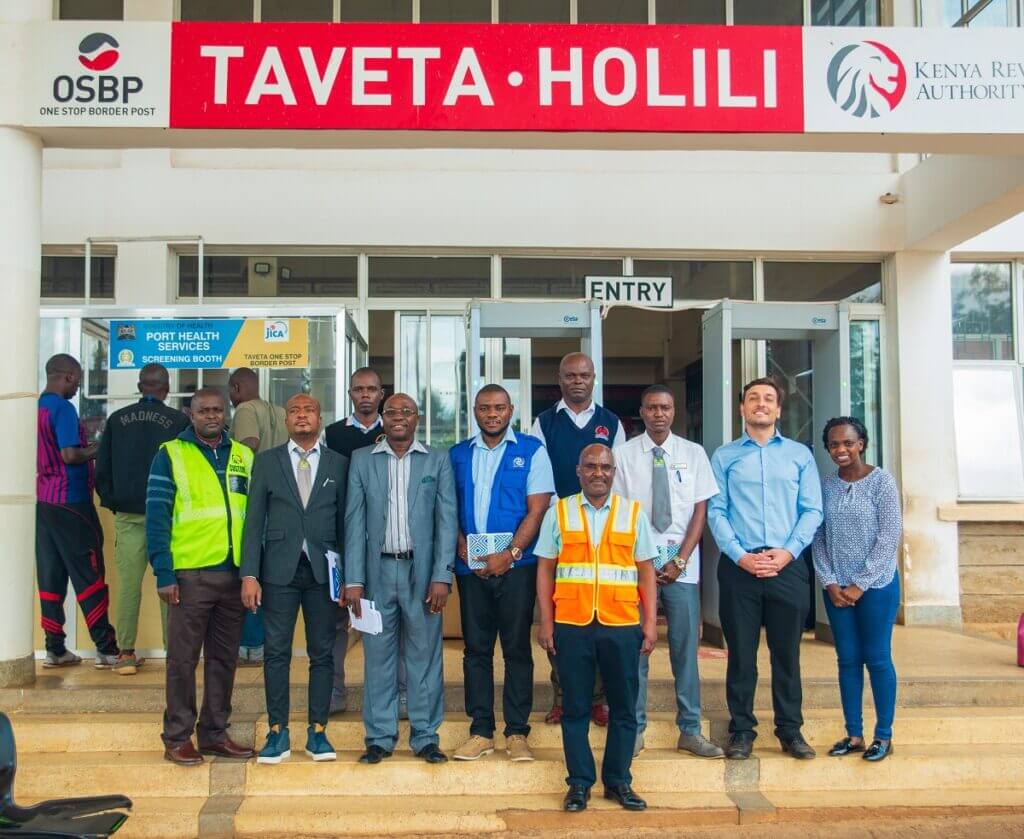Africa is the most food insecure continent in the world despite its huge agricultural potential. In 2021, about a fifth of the continent’s population faced hunger. Furthermore, AU’s Comprehensive African Agriculture Development Programme (CAADP) Biennial Review report (2019-2021) reveals that the continent is not on track to meet its goal of ending hunger by 2025. With its ballooning population, which is expected to constitute 25% of the world population by 2050, Africa’s food demand is expected to soar by 60% in 2030 compared to 2015 according to a World Bank report. Factors accounting food insecurity on the continent are diverse and multifaceted. As a region, it is the worst affected by long term shifts in temperature and weather patterns caused by climate change and global warming. Climate change continues to have a catastrophic impact on agriculture; the backbone of the continent’s economy. Recent external factors that led to food supply chain disruptions and, consequently grave food security challenges for the continent, have created an imperative for intra-African trade to meet its current and future food security objectives. The COVID-19 pandemic had a severe impact on food prices and by extension food security. This has all been aggravated by the ongoing Russia-Ukraine war that disrupted the supply of key commodities such as wheat and fertilizer; a critical agro input. Indeed, sharp price increases of bread, a staple food in many African countries triggered unrest as witnessed in instances such as Sudan. All these factors have exposed the fragilities of Africa’s food...
ACFTA: Leveraging continental integration for food security objectives
Posted on: November 10, 2023
Posted on: November 10, 2023

